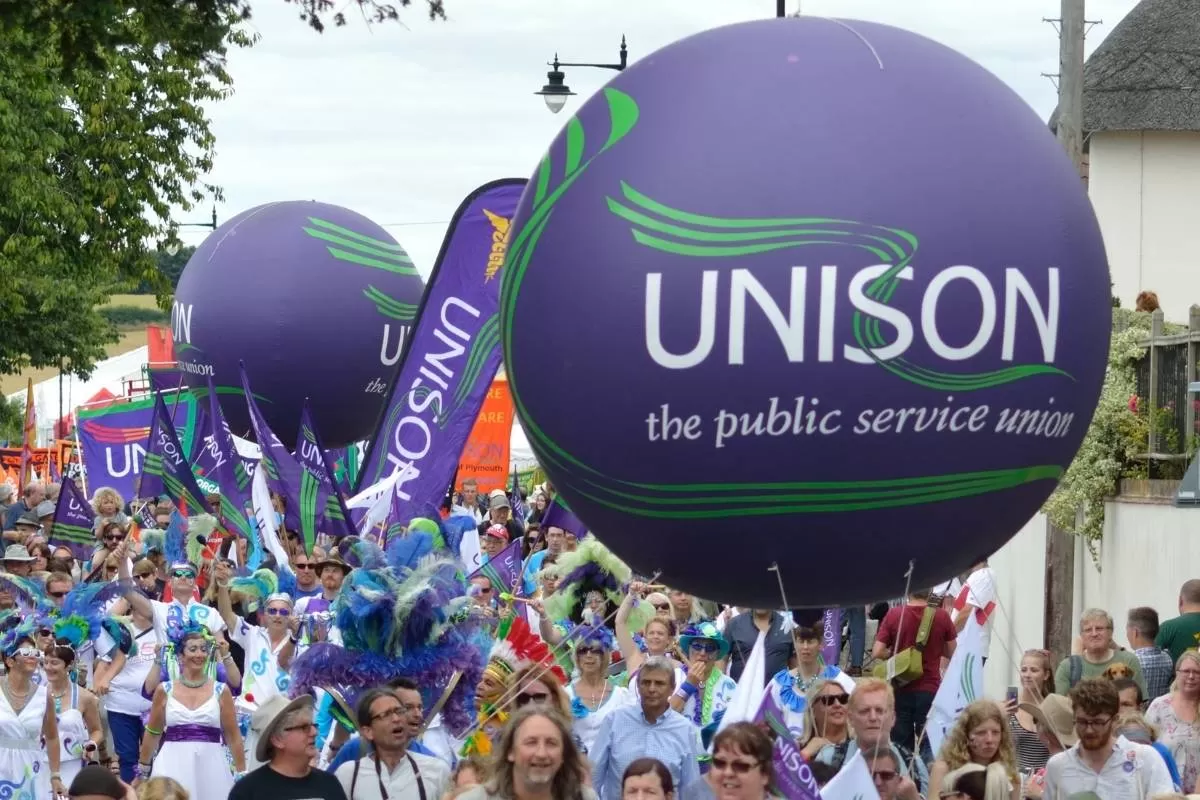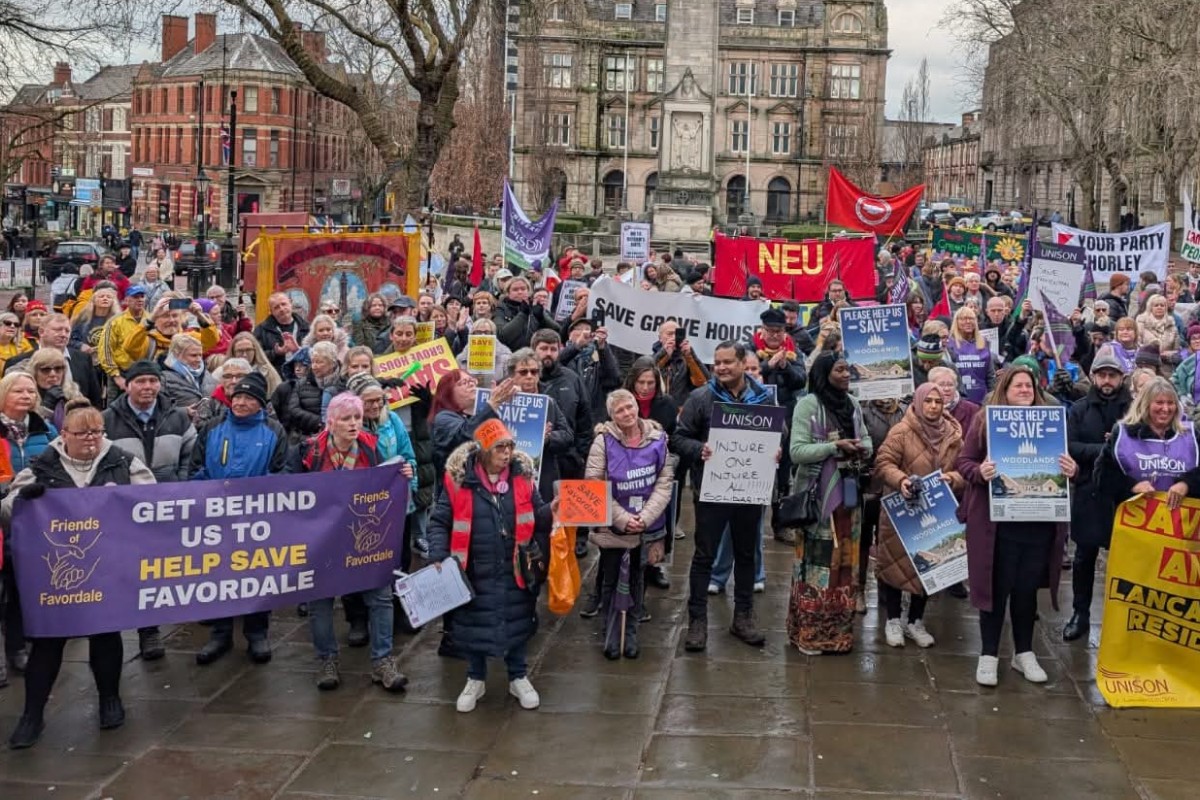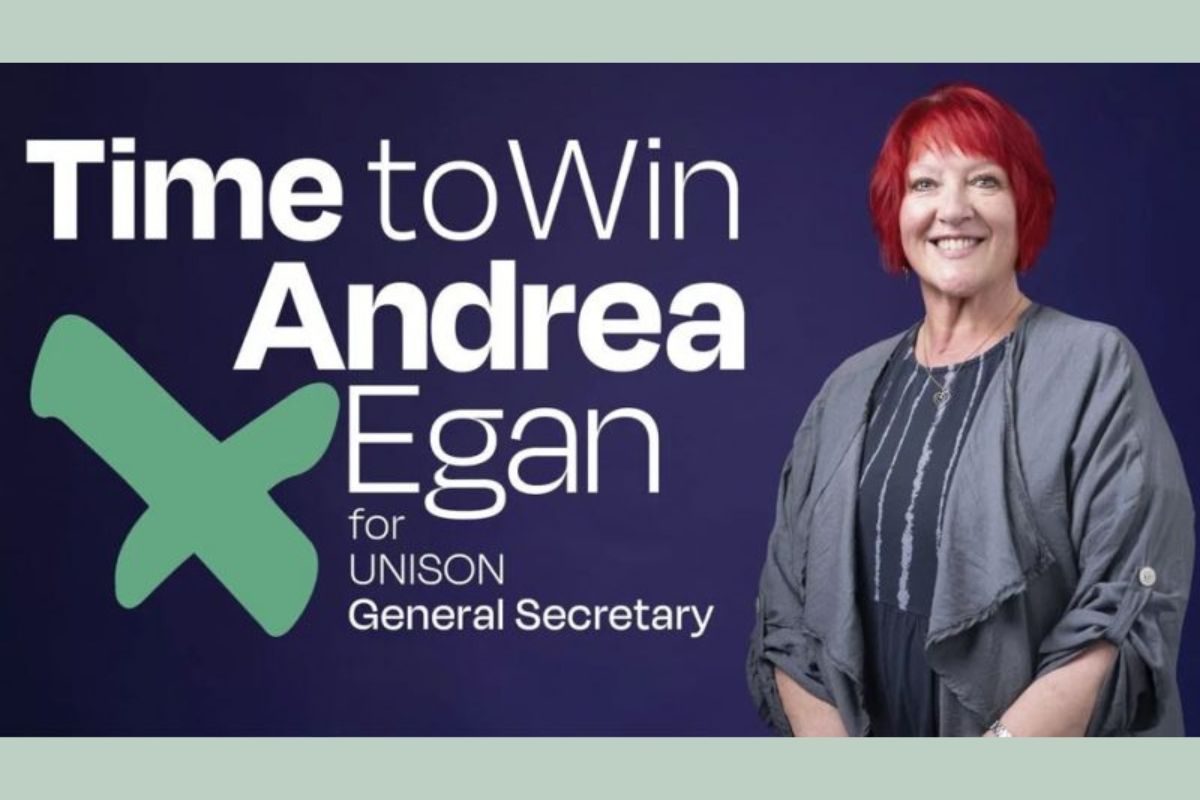From 13-16 June, Unison activists met for the union’s national delegate conference (NDC) in Liverpool. With ballots underway in local government, a sector that makes up around 45% of Unison’s membership, this conference came at a crucial time for the union.
Indeed, a fightback in local government, involving all the major unions in this sector, could prove electrifying, reviving the strike wave and putting this beleaguered Tory government under further pressure.
Despite losing control of the NEC overall, the left – organised around Time for Real Change (TFRC) – also proved harder to dislodge than the right wing of the union had hoped. At the tail end of the conference, they were able to retain the presidential team seats. This is a small but important victory in the ongoing battle within the union.
Funding
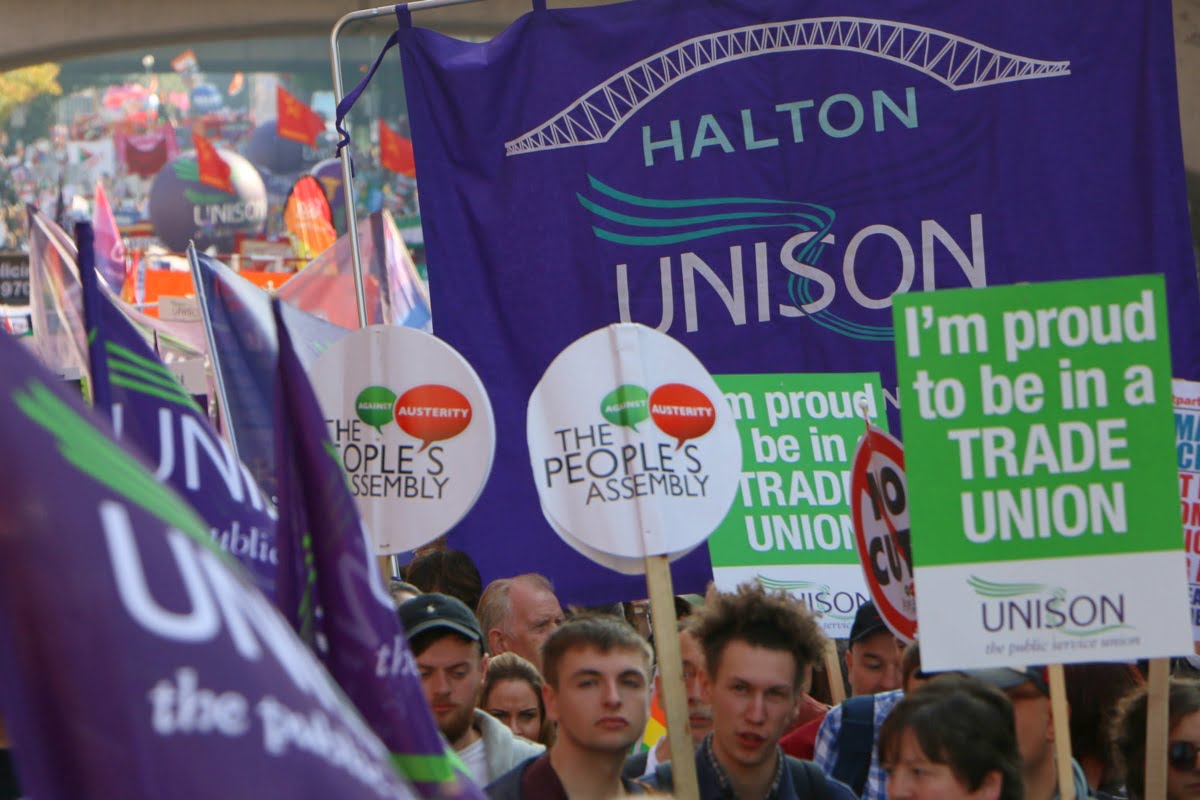
On the conference floor, that battle took the form of skirmishes over a handful of key motions.
The left, represented by the outgoing NEC majority, wanted to strengthen Unison’s ability to fight and defend its members. The right, represented by the full-time and lay bureaucracy, opposed this bitterly, as it would disrupt the easy life they have become accustomed to.
One such motion was that proposed by the outgoing left-led NEC. If passed, it would have allowed for a massive increase in the union’s national industrial action fund, financed from the excessive reserves some branches are sitting on.
Given individual Unison branches cannot use reserves for strike pay, a redistribution of finances from the wealthiest branches to the national strike fund makes sense. It would help make the trade union strike-ready for the upcoming industrial action, by adding a whopping £10,250,000 to the union’s industrial action fund.
Only the top 22% of branches would be donating any money from their branch reserves under the plan proposed by this motion. However, that did not stop the right wing from bringing out speaker after speaker against the motion, accusing the NEC of “manoeuvring” and of attempting a “smash-and-grab” of branch finances.
Unfortunately, the motion was lost, though the card vote was close. As such, the effective use of union resources to fight strikes was shut down.
As the right-wing bureaucrats cheered their conservative victory, many ordinary lay members and first-time delegates shook their heads in disbelief across the conference hall.
Young members
Another pressing issue for the union was the state of its young membership – defined, until the NDC, as being those who are under 27 years old. The proposed rule change, put to conference and passed, will raise that threshold to 30.
For many years, the whole trade union movement, Unison included, has suffered a drop in youth membership. This is not because young workers are apathetic, but because the unions have broadly failed to organise them and give them something to fight for.
This point was laid out by Lilly Boulby, representing an NEC Young Members’ seat, and also a Socialist Appeal activist. While in support of the motion, she stressed that the real issue at stake is the union’s failure to offer much to young workers in the first place.
That was what had to change, Lilly emphasised, pointing to the disgraceful scenes at last year’s NDC, where a young member who made an honest mistake while addressing conference was booed off the stage.
Ultimately, what young members need is not pens and stress balls, but a fighting programme. And that is what the left in Unison must begin to provide them.
Business as usual?
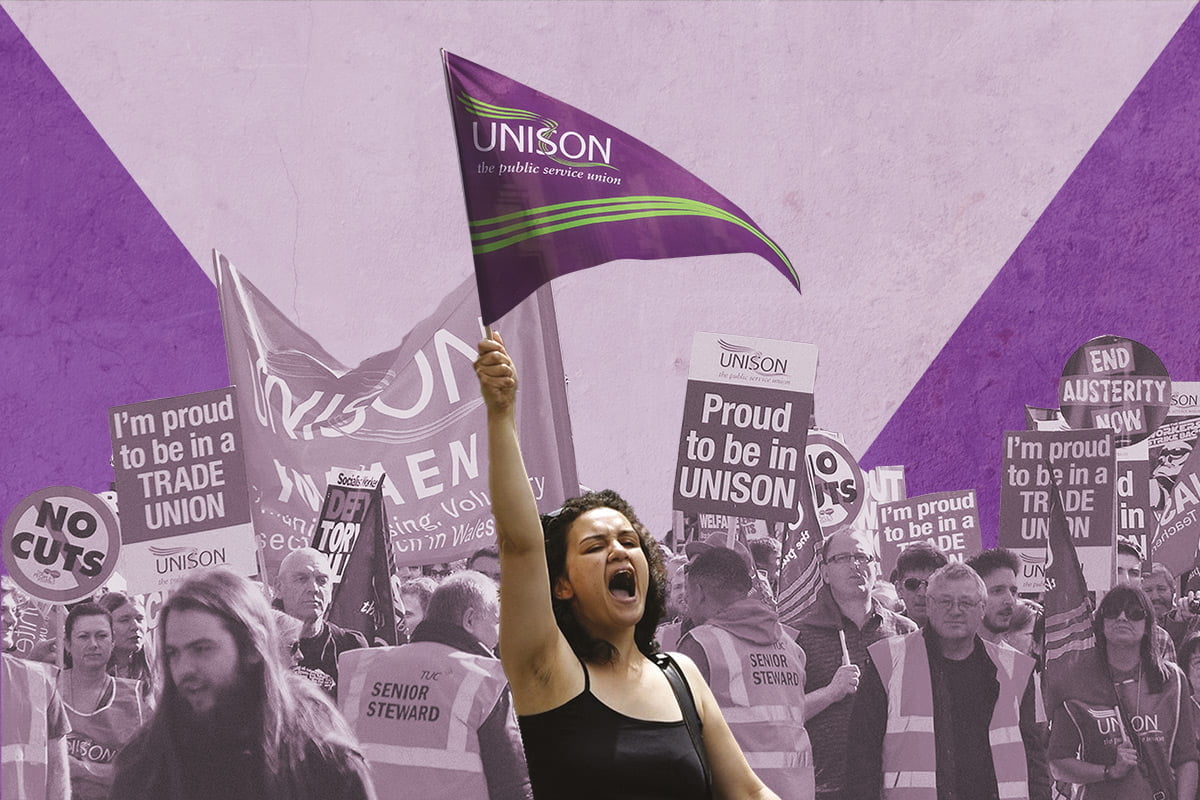
What is clear is that the bureaucracy wants business as usual. They are ignoring the fact that the union is losing members to other unions that are willing and able to actually strike.
While last year Unison proudly boasted 1.3 million members, this year the figure has fallen to 1.2 million. This is at a time when the union should be growing like never before as, nationally, industrial action reaches a thirty-year high.
The results of the local government ballot are yet to be revealed. The increasing inflation crisis will surely be creating tremendous pressure for strike action.
But even with a resounding victory in the ballot, to take the struggle to its finish and win a victory in the pay deal will require a leadership up to the task.
As we have said elsewhere, a serious effort is desperately needed to organise the rank and file and bring them into the struggle to transform their union – and society too.
Time for Real Change, though pushed back, can still begin such a campaign. This is the only way to win the socialist programme that could turn things around for Unison members, and create a fighting union capable of delivering it.
Whatever happens, members will learn the lessons of failed struggles and demand more from their trade union. The right wing can bury their heads in the sand, but the tide of class struggle is coming in.

